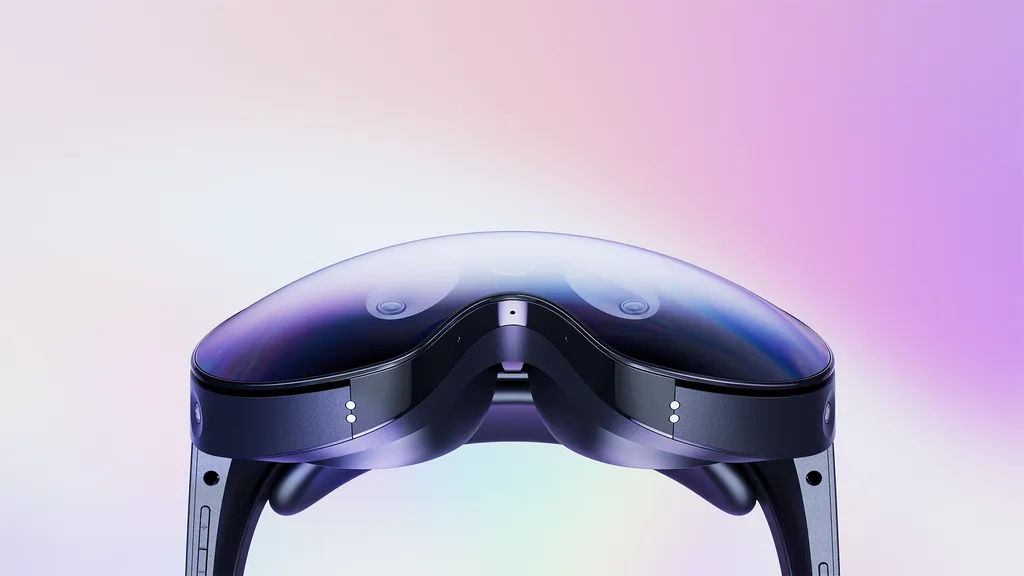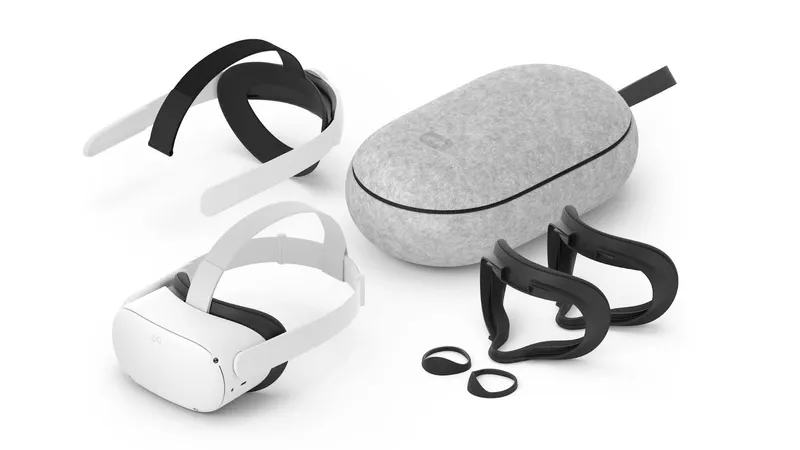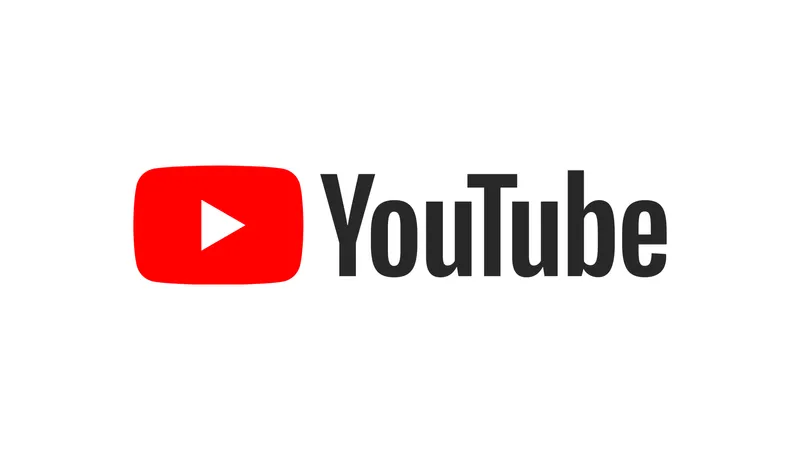Meta CEO Mark Zuckerberg see its Reality Labs division as focusing on four main platforms going forward.
Those are roughly defined as:
- Horizon and its avatars
- VR headsets
- AR headsets
- Neural Interfaces like its upcoming watch/wristband
Zuckerberg sees the platforms as evolving parallel to Meta’s “family of apps” division, which consist of the company’s moneymaking ad-driven platforms for social connection along 2D surfaces like Instagram, Facebook, and WhatsApp.
He sees each of the four Reality Labs platforms as able to stand on its own with interplay between them. This focus likely means the company will wind down work outside those key areas with reports already pointing Meta reducing its headcount heading into 2023.
“We’re gonna really focus on those four areas and probably deprioritize other stuff in Reality Labs,” Zuckerberg said. “There’s interplay between them obviously, but they also I think each will stand on their own. By the time that you have neural interfaces there’ll still be many more people using phones and computers than using VR or AR devices, even if it’s initially invented in order to be a kind of input mechanism for augmented reality.”
We’ve got a deep dive into the neural wristband work as well as looks at the challenges facing hyper-realistic Codec Avatars. We’ve also gone hands-on with Meta’s latest VR headset debuting later this month, Quest Pro, and talked to Meta’s top researcher Michael Abrash who made clear AR glasses are likely to develop parallel to VR glasses for a very long time.
Meta faces an unprecedented period of pressure with its legacy ad targeting mechanisms constrained by new restrictions on Apple’s iOS platform amid a global economic downturn and supply chain issues. In response to some of these pressures, the company recently increased the entry price of its market-leading Quest 2 headset from $299 to $399.
Meta also faces renewed competition with China-based Pico launching two standalone headsets which undercut Meta’s latest efforts on price as Apple reportedly prepares to launch its first standalone VR headset with AR passthrough in 2023. While Meta faces multi-dimensional competition and offered the first-ever tour of its research facilities in Washington state, the company is also in a near-constant state of restructuring as its leaders refocus quickly.
We’re curious to see how Meta’s product launches shape up going forward compared to the much more practiced teams at companies like Apple. Apple is famously secretive, which means that while its teams work on many of the same ideas as Meta’s researchers, the public only hears about the technology Apple can ship in consumer-ready products like the Apple Watch and Airpods Pro.
Put another way, the product paths for Apple and Meta are on a collision course that’s been building for at least a decade. While Apple CEO Tim Cook still needs to show his hand, Zuckerberg’s latest comment suggests his company’s largest transformation since inception is already underway.

























